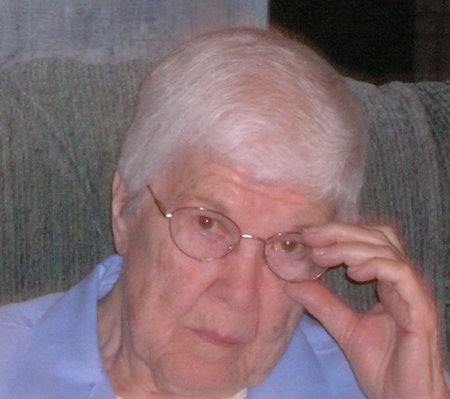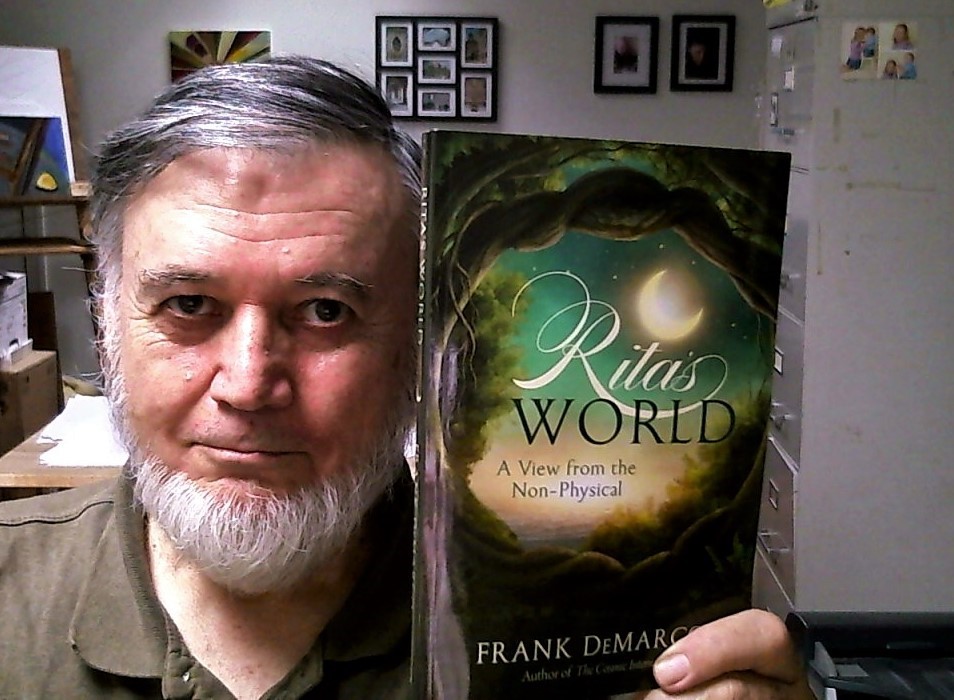I don’t put a lot of political stuff on this blog, but I’m going to make an exception — if indeed it is an exception — because of the way I came to this, and the striking light it casts on our current situation.
I was at the Monticello visitor center last week, browsing expensively through their excellent bookshelves, and I bought A Patriot’s Handbook, a thick reader compiled by Caroline Kennedy, packed full of essays, poems, speeches, history, all on various aspects of the American experience. A wonderful treasure-trove. I have it on my dining room table, available for reading little bits while I eat. Today I came to Franklin Roosevelt’s Second Inaugural Address, and I was struck by how much it applied to us. (I am not a whole-hearted admirer of FDR, but I do believe he did his best according to his lights, and which of us can hope to do more than that?) Because I imagine that few people are familiar with this speech, i quote it here in full. Parts of it you will want to skim, probably. Other parts may hit you as hard as they did me, because again, I read this with 21st-century America’s plight in mind.
Roosevelt’s second inaugural address, Jan 20, 1937
When four years ago we met to inaugurate President, the Republic, single-minded in anxiety, stood in spirit here. We dedicated ourselves to the fulfillment of a vision—to speed the time when there would be for all the people that security and peace essential to the pursuit of happiness. We of the Republic pledged ourselves to drive from the temple of our ancient faith those who had profaned it; to end by action, tireless and unafraid, the stagnation and despair of that day. We did those first things first.
Our covenant with ourselves did not stop there. Instinctively we recognized a deeper need—the need to find through government the instrument of our united purpose to solve for the individual the ever-rising problems of a complex civilization. Repeated attempts at their solution without the aid of government had left us baffled and bewildered. For, without that aid, we had been unable to create those moral controls over the services of science which are necessary to make science a useful servant instead of a ruthless master of mankind. To do this we knew that we must find practical controls over blind economic forces and blindly selfish men.
We of the Republic sensed the truth that democratic government has innate capacity to protect its people against disasters once considered inevitable, to solve problems once considered unsolvable. We would not admit that we could not find a way to master economic epidemics just as, after centuries of fatalistic suffering, we had found a way to master epidemics of disease. We refused to leave the problems of our common welfare to be solved by the winds of chance and the hurricanes of disaster.
In this we Americans were discovering no wholly new truth; we were writing a new chapter in our book of self-government.
This year marks the one hundred and fiftieth anniversary of the Constitutional Convention which made us a nation. At that Convention our forefathers found the way out of the chaos which followed the Revolutionary War; they created a strong government with powers of united action sufficient then and now to solve problems utterly beyond individual or local solution. A century and a half ago they established the Federal Government in order to promote the general welfare and secure the blessings of liberty to the American people.
Today we invoke those same powers of government to achieve the same objectives.
Continue reading Roosevelt in 1937 and us today

